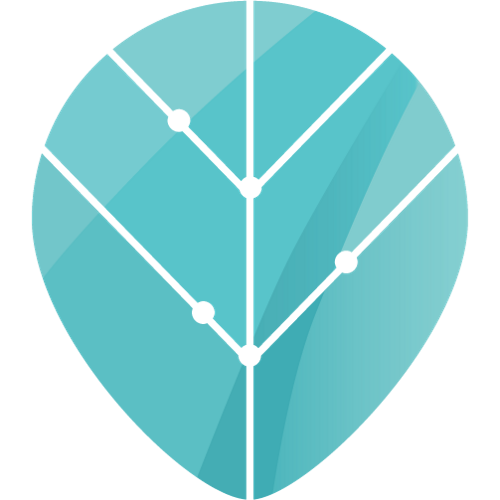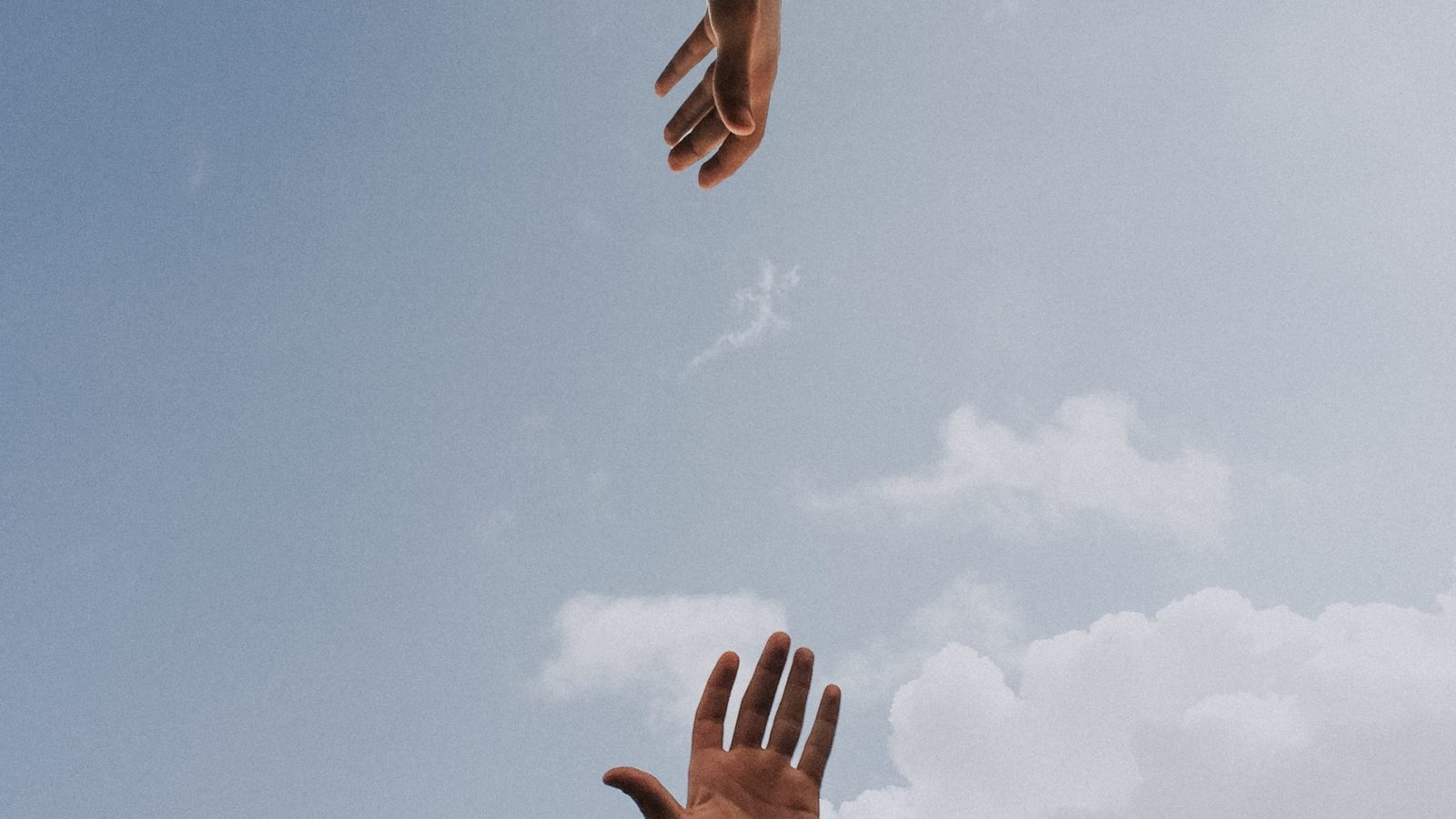The instinct to say no to a colleague who asks for your help is sometimes a sound one — after all, research shows that overextending can lead to generosity burnout if our constant selfless efforts leave us feeling exhausted rather than energized.
While it’s true that O.D.ing on helping coworkers can be draining, practicing generosity in the workplace doesn’t have to equal burnout. In fact, by sidestepping every opportunity to be helpful, you could miss out on some important benefits of giving. When you’re willing to lend a hand, you may find that many rewards come your way. Here are just a few to consider:
Improved well-being
You may think that being happy at work stems only from the work you were hired to do, but studies in positive psychology show otherwise. Research has found that feeling motivated to help others — and believing that the support makes a difference — is associated with increased happiness levels. And don’t confuse being giving with being a martyr; feeling guilt-tripped into giving isn’t what the researchers are talking about here. The desire to give has to come from you.
Increased success
Not only does giving make you happier at work — it could actually make you more successful. Think of it this way: If you’re more inclined to help others, you may naturally have less time for your own tasks, so you learn to prioritize. And being a master at prioritization is a foolproof way to reach your goals faster. No wonder one study found that givers produced 50% more annual revenue, on average, than those who focused less on helping others.
A greater sense of purpose
A number of studies have shed light on the importance of finding meaning in what you do — and when you help others, it may be easier to tap into purpose. On days when work feels particularly tedious, knowing that you’ve helped someone else, even in a small way, can infuse you with a sense that your presence truly matters.
The “helper’s high”
You help your co-worker with a stressful project, and instantly, a feel-good sensation comes over you. What’s up with that? Just like endorphins give you a “rush” after a tough workout, the “helper’s high” can give you a burst of joyful energy that carries you throughout the rest of your day. In fact, an Emory University study found that helping others can light up the same part of the brain that gets a hit when we receive a reward or experiencing pleasure. And science shows the feeling can linger for hours.


